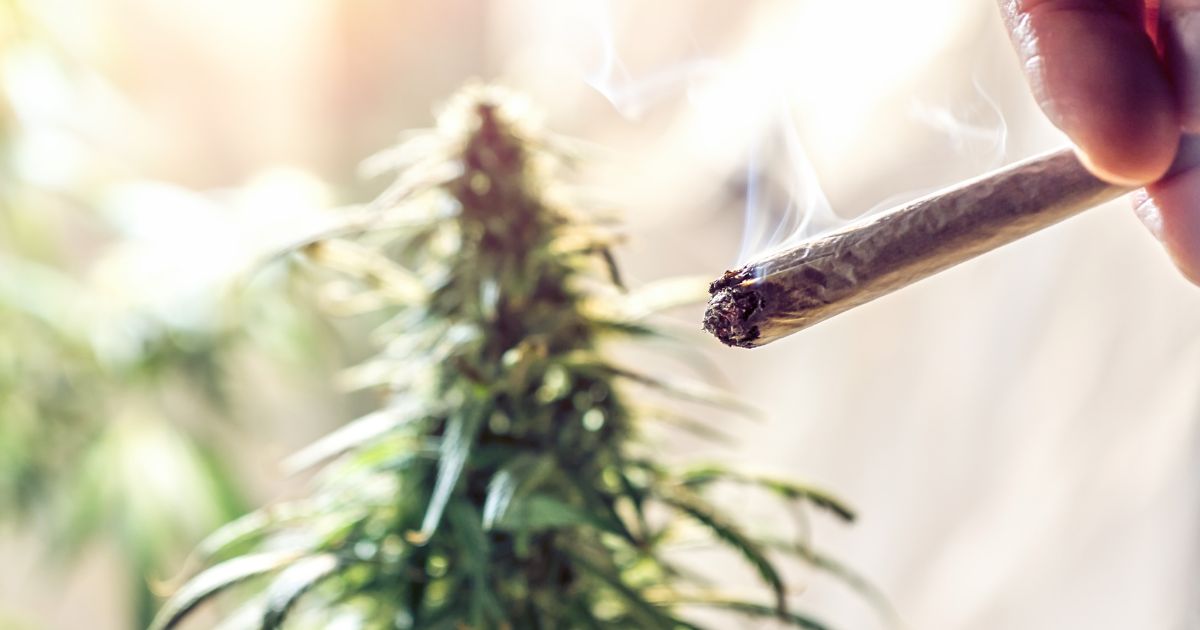Cannabis legalization has sparked heated debates worldwide, with conflicting opinions on its societal, economic, and health implications. Supporters champion cannabis legalization for safer access, curtailing illicit market activity, and providing regulated, quality-controlled products. While prohibitionists voice concerns about normalized consumption, potential higher usage rates, and worsening mental health outcomes. A newly published study sheds light on the nuanced effects of legal cannabis access compared to the illicit market, looking at its impact on consumption patterns and mental health.
Aims and Importance of the Study
A research team based in Switzerland took on the challenge of understanding the real effects of legal cannabis access. Their study, published in the journal Addiction, is the first randomized controlled trial (RCT) of its kind, offering insights into cannabis legalization’s implications.
The study, began in January 2023 as a collaborative effort by the University of Basel, the Addiction Department of Basel-Stadt’s health services, and other psychiatric institutions in Switzerland. The goal was straightforward—to scientifically evaluate the effects of legal, public health-oriented cannabis access versus illegal market alternatives. The focus was on cannabis usage patterns, problematic consumption, and mental health outcomes such as anxiety and depression.
How the Study Was Conducted
Participants in this trial included 374 adults who regularly used cannabis. The researchers randomly split the group into two categories. The first category received access to legal recreational cannabis through participating pharmacies. This access came with counseling opportunities and safety education about cannabis use. Meanwhile, the second group, acting as the control group, continued sourcing cannabis through illegal means on the illicit market.
Participants completed detailed questionnaires that captured data on their consumption habits, mental health conditions, and overall experiences at regular intervals throughout the trial. For the first six months, only the legal access group had regulated cannabis, while the control group’s access remained illicit. After this period, the control group gained legal access to evaluate any subsequent changes in mental health or usage.
This allowed researchers to directly compare the effects of legal and illicit cannabis distribution over time while ensuring an ethical approach for all participants.
Study Findings
The results from this study paint a picture of how cannabis legalization impacts consumers. Importantly, the study dispelled several myths about cannabis legalization while also identifying potential benefits.
Reduction in Problematic Use
One of the standout findings was the slight reduction in problematic cannabis use among participants who had legal access to the substance. According to the study, problematic use refers to consumption that negatively affects a person’s health, social life, or psychological well-being, even if it does not meet the classic criteria for dependency.
The decrease was particularly evident among participants who reported using other substances alongside cannabis. For these users, legal access appeared to promote a safer, more controlled relationship with cannabis. This suggests that removing the barriers posed by illegal markets and replacing them with legally regulated distribution could mitigate the risk of harmful consumption patterns.
Mental Health Stability
Contrary to fears of cannabis prohibitionists that legalization could exacerbate mental health issues, the study found no evidence of increased anxiety, depression, or psychosis symptoms within the legal access group. Six months into the study, both groups reported similar levels of mental health, regardless of whether their cannabis came from legal or illegal sources.
Even more encouraging were data collected two years into the study. Participants who consistently had access to legal cannabis reported significant improvements in their overall mental well-being. This suggests that reforming cannabis distribution systems not only preserves mental health but may also enhance it over time.
Implications for Risk Reduction
Access to regulated cannabis also provided participants with the opportunity to seek guidance on consumption practices. Counseling and providing safer-use information helped ensure that consumers better understood the potential risks of cannabis use and how to minimize them through legal access.
The results further highlight the potential of legal cannabis markets to provide safer alternatives to the illicit market, where product quality and purity cannot always be guaranteed. In theory, by promoting transparency, safety, and education, legal access reduces the chances of consumers encountering contaminated products and risky consumption practices, although, as we’ve seen over the years, that is most certainly in question.
Implications for Cannabis Policy?
The insights from this Swiss study could have larger implications for cannabis policy worldwide. First and foremost, it challenges some of the common concerns surrounding legalization, particularly regarding mental health deterioration and spikes in problematic use. Instead, legalization appears to create an environment where cannabis users feel less burdened, more supported, and better equipped to manage their consumption responsibly.
Legalizing cannabis is not about creating a perfect system. No policy for any substance, even cannabis, can eradicate risks entirely, but what legalization offers is the chance to reduce harm, address unsafe practices, and treat cannabis users with care and respect. This study is a testament to how thoughtful policies can redefine cannabis consumption, shifting it from unregulated and risky markets to controlled and supportive systems.
This study is a call to action for lawmakers to consider a framework that combines regulation with consumer education and accessibility. Cannabis legalization, when executed strategically, has the potential to improve public health, reduce harm, and foster overall well-being.
For those navigating the complexities of cannabis use or interested in learning more about this evolving field, keeping an open, informed mindset is essential. Whether you’re a user, a policymaker, or simply a curious observer, there’s something to learn from the insights this Swiss study has shown.






















